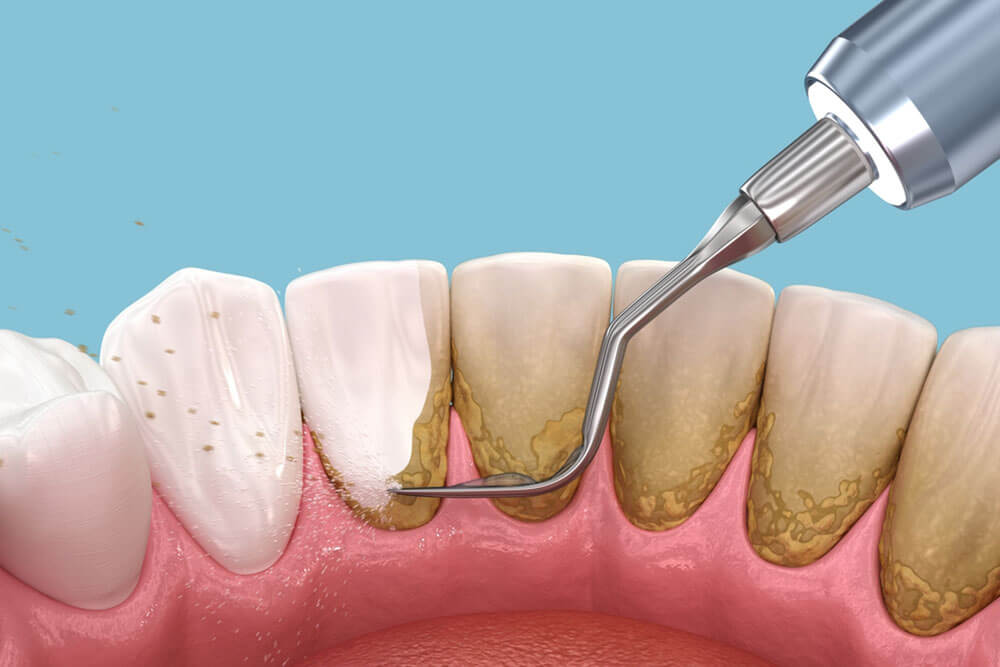Cleanings & Exams
Teeth cleanings focus on polishing and removing plaque from the surface of your teeth, helping maintain a bright and healthy smile. In contrast, an oral exam delves deeper, examining gums, roots, and other oral structures to detect any hidden issues or potential concerns. Together, these procedures play a crucial role in preserving your overall dental health. Cleanings and exams work hand-in-hand, with cleanings targeting surface hygiene and exams looking for underlying problems. Regular check-ups with both help ensure lasting oral health.
Cleanings & Exams
- Surface Cleaning for a Brighter Smile
- Deeper Oral Examination
- Preventive Health Benefits
- Comprehensive Dental Care
Routine cleanings and exams are essential for maintaining dental health. Cleanings remove plaque and tartar to prevent decay and improve your smile, while exams help detect issues like cavities and gum disease early. Together, they provide preventive care, ensuring your teeth stay healthy and your smile remains bright.
What is a Dental Cleaning?
Routine dental cleanings are essential for maintaining a healthy smile. By addressing potential issues early on, you can keep your smile looking great for years to come. Regular cleanings, typically every six months, help prevent cavities and gum disease from developing.
During a cleaning, your dentist or hygienist will use specialized scaling tools to remove plaque and tartar buildup along your teeth and gum line. They will then polish your teeth with a gritty toothpaste and a high-powered electric toothbrush. A thorough flossing and rinse will follow to remove any remaining plaque or tartar. The hygienist may also offer tips on improving your brushing and flossing techniques.
What Is a Dental Exam?
During a dental exam, Dr. Pappas or a dental hygienist will closely examine your mouth (including your teeth, gums, and tongue) along with your jaws, throat, and neck for any signs of problems such as gum disease, tooth decay, or oral cancers. We will also perform X-rays to look for problems inside your teeth or below the gum line that aren’t visible to the naked eye.


